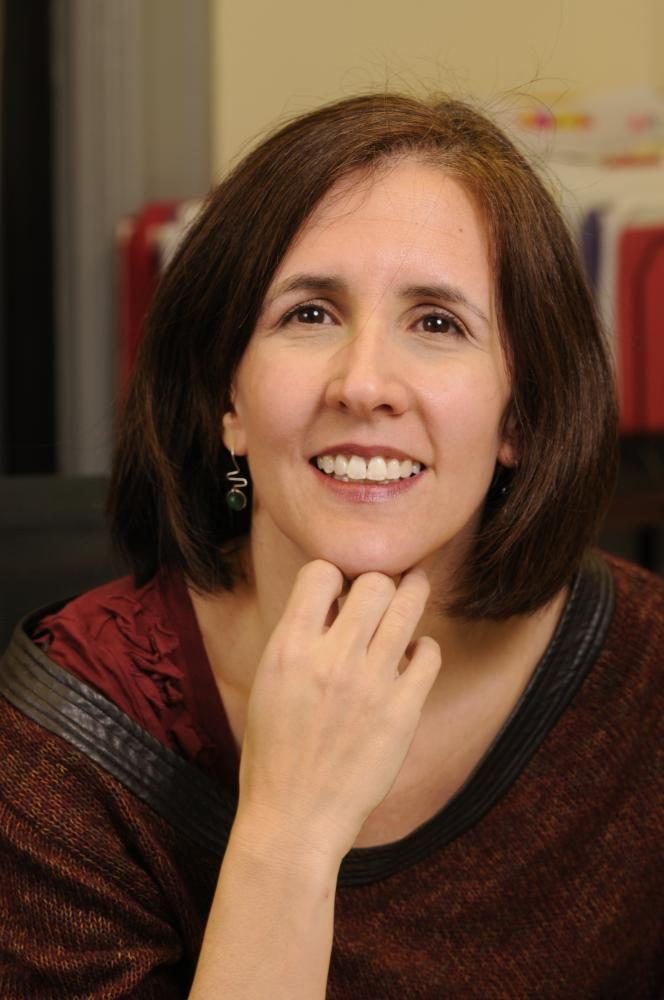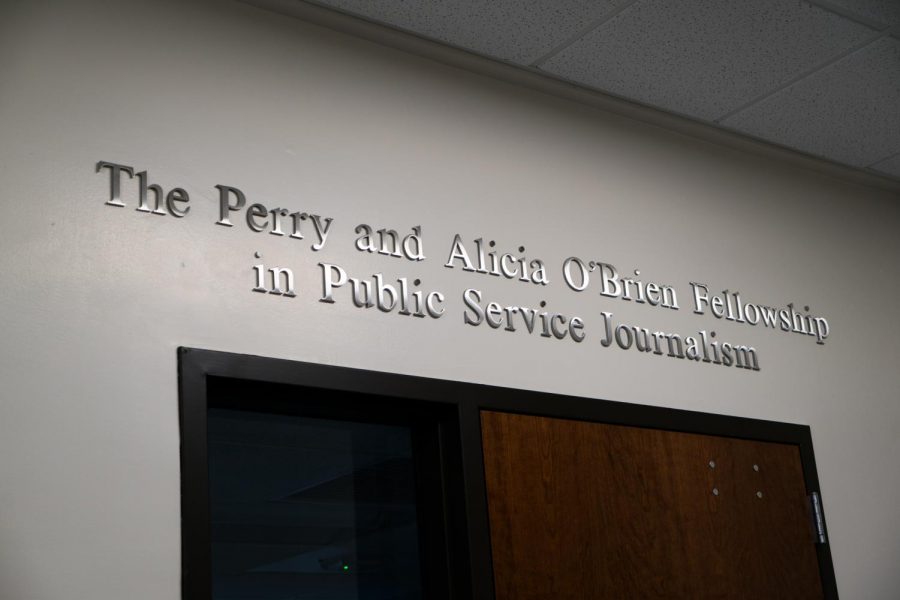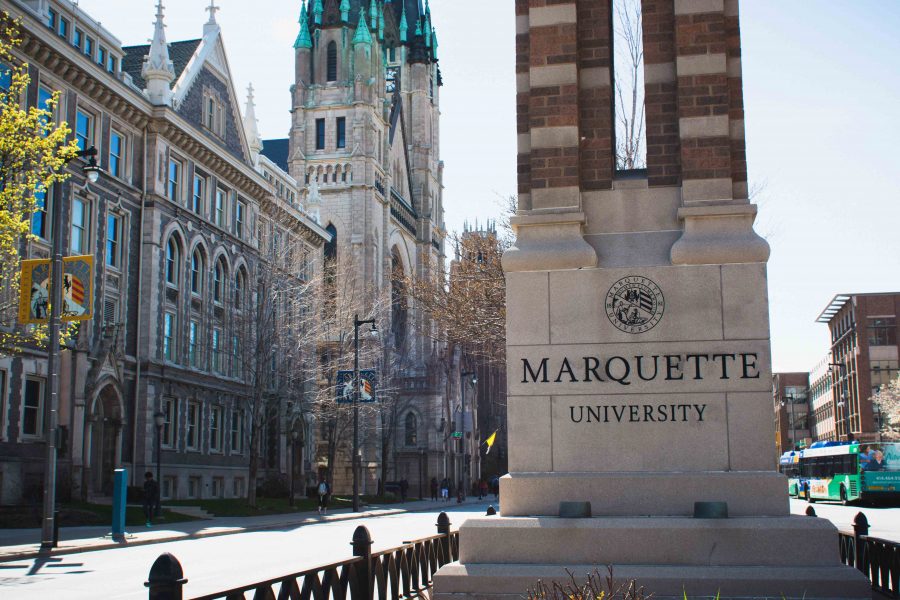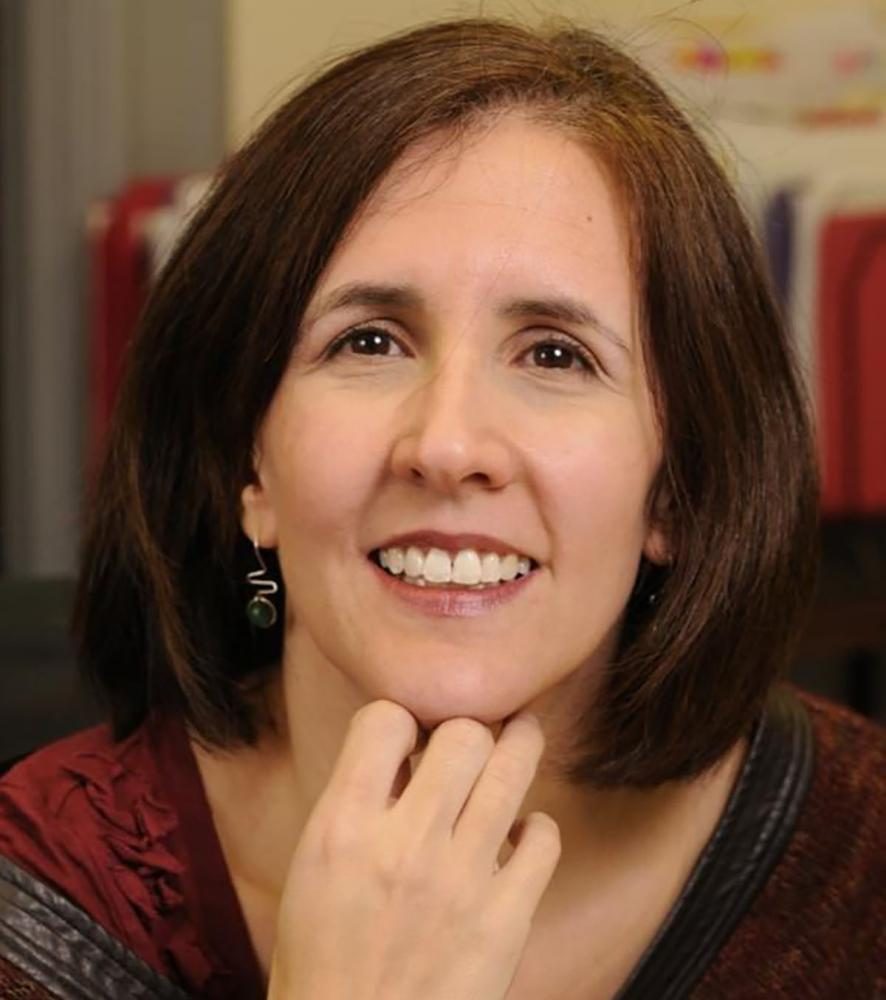Marina Walker Guevara, deputy director of the International Consortium of Investigative Journalists and coordinator of the Panama Papers investigation, will speak at the Alumni Memorial Union Monaghan Ballrooms, Tuesday, Sept. 19 at 4 p.m.
The Panama Papers are an unprecedented leak of 11.5 million files from the database of the world’s fourth largest offshore law firm, Mossack Fonseca. The records reveal celebrities and politicians across the world who hid their assets, skirted tax regulations and rules, and funded unethical businesses.
Three hundred seventy six reporters in 76 countries reviewed the documents and uncovered 143 politicians around the world using offshore tax havens. The prime ministers of Iceland and Ukraine both resigned due to information the papers revealed about them.
The effort, lead by Walker Guevara, won a 2017 Pulitzer Prize for explanatory reporting. It also won the first annual O’Brien Fellowship Award for Impact in Public Service Journalism, through the American Society of News Editors.
Walker Guevara shares her experience and some of the challenges she faced while working on the project.
Q: It was a German correspondent who shared the files with the ICIJ. What was your reaction when they shared this information with you?
A: It was a big sense of responsibility. We had never seen anything so vast, and also so much public interest. After a few weeks of looking at this data we were able to find names of prime ministers and other public figures around the world … Also, there were hundreds of connections of countries around the world. It was clear this was the perfect project for a global network like the ICIJ. It’s almost like the reason why ICIJ ever existed.
For me on a personal level, having worked for ten years at ICIJ it all the sudden made sense. This is why we exist … This is why everything is so worthwhile.
Q: How are the Panama Papers different than other projects ICIJ has done?
A: It was the scale, the timing and the content that was so appropriate to the times we are living in.
We’ve been doing these global collaborations since 1997 … But we had never worked simultaneously with 80 countries around the world at once on a single investigation with nearly 400 reporters collaborating.
Q: Describe the communication process. What was it like working in an online newsroom?
A: One of our platforms was like a social media platform. We called it the Facebook of investigative journalism. It’s our virtual newsroom where our reporters log in securely. That’s where all the conversation is happening, that’s where reporters post their findings in real time.
That open source technology was originally a dating software, it was perfect because you want journalists to meet each other.
Podcast by Ian Schrank
Q: Is it difficult working with such an internationally scattered staff?
A: You have different traditions of journalism … Some of the journalists are working in countries where there is a great deal of censorship or the media is captured by government propaganda, and there is very little space for independent journalism. It’s almost like each one of the 376 reporters involved had a different reality. Our challenge was bringing everyone together and helping those who were in difficult situations.
Another challenge was that news was still happening around the world about certain topics we had information on. So there was the question, ‘Should we go ahead and break the embargo? Should we publish this one story so we can join the news?’ I explained to those journalists, ‘No, we’re not here to join the news. We are doing long-term, long-form investigative journalism. When we publish it’s going to be more powerful because we’re going to publish simultaneously.’
Q: Was there ever any concern of a reporter publishing a story early?
A: People understood they were doing something special … Sources had entrusted us with incredibly sensitive information of public interest. No journalist involved in the project wanted to be the one ruining that for everyone and for the world.
Q: What was a discovery you found most shocking?
A: Maybe I shouldn’t have been shocked, and maybe I’m naive. I was still shocked by the sheer amount of politicians and world leaders that we found in this data. Two prime ministers stepped down from their positions because of the Panama Papers. These are people we entrusted to serve our countries. And I’m not just talking people from countries that are widely known for being corrupt. These are politicians that are from big western nations that pride themselves in their democracies.
Q: Americans are notorious for not paying enough attention to global reporting. Why is it important to be engaged at a global level?
A: Obviously, the world has shrunk thanks to technology. There are very few stories that are just local or just national. Most stories have international connections … Stories are global in nature. There is no story I can think of that you can say this is just America, or that you can’t look outside our borders to tell a story.





